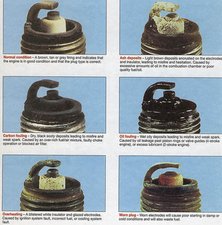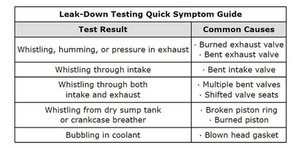Why is gas splatter coming from exhaust after fuel filter replaced?
My 2002 Jeep Grand Cherokee Limited WJ 4.7L V8 with California emissions package was slow to start after the starter was replaced. I took it back to mechanic. Diag showed a drop in fuel pressure at the fuel filter, The fuel pressure regulator is in the filter in these WJ models (both 4.0L V6 and 4.7L V8 models). They also found P0523 error code (oil pressure high circuit). The mechanic replaced oil pressure gauge sensor and fuel filter. The fuel filter was installed improperly, hissing and fuel smell. Unable to get back to mechanic, I secured the filter hose. I am now seeing black liquid splatter coming from the exhaust, smells like gasoline.
Error code now is P0108. Sometimes I get P0031, P0131, P0132. I checked and cleaned all fuses and relays in the fuse box in the engine compartment. I checked and cleaned the MAP connector, I replaced the MAP sensor twice. The 2 end sockets on the MAP sensor connector have approx. 3V each while the ignition key is turned to on. I don't have a multimeter at the moment.
After these actions and deleting the OBD2 codes, the WJ runs the same and only has one code, P0108. It runs the same and generates the same code with or without the MAP sensor connected. I clear the code a couple of times, just in case. I start the engine w/o MAP sensor connected and get P0108 again.
Could this have anything to do with fuel filter/pressure regulator being replaced?
How do I check for a vacuum leak at the intake?
Please help, WJ is my only active vehicle
좋은 질문 입니까?



 1.1k
1.1k  894
894  2.3k
2.3k 
